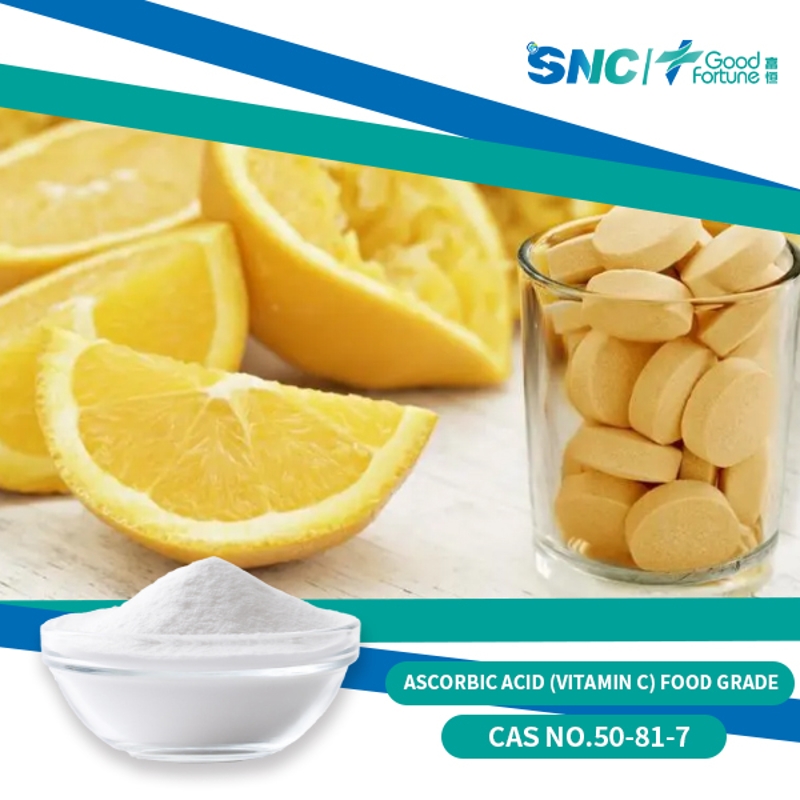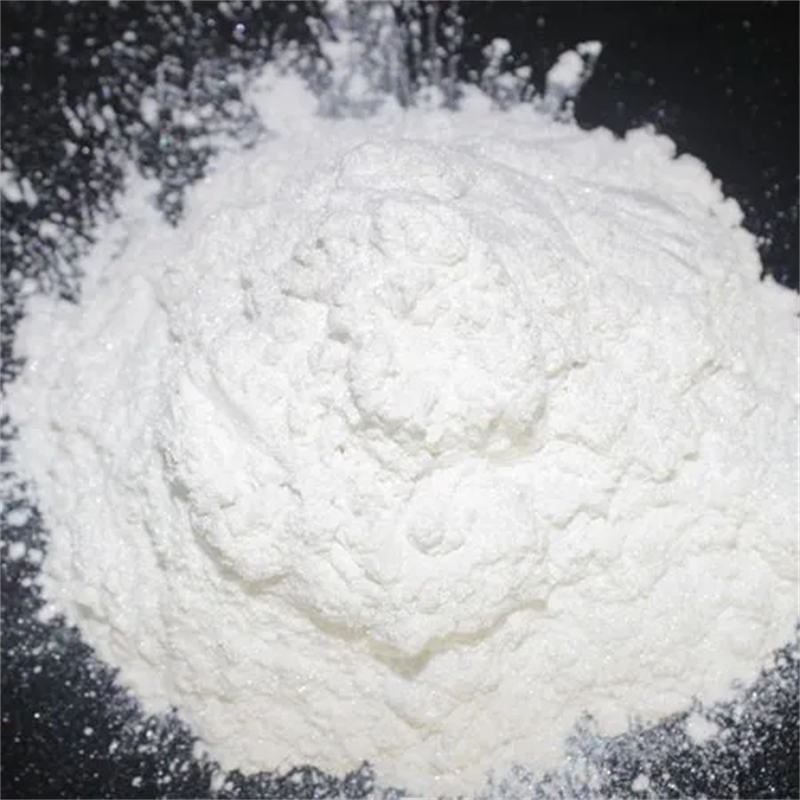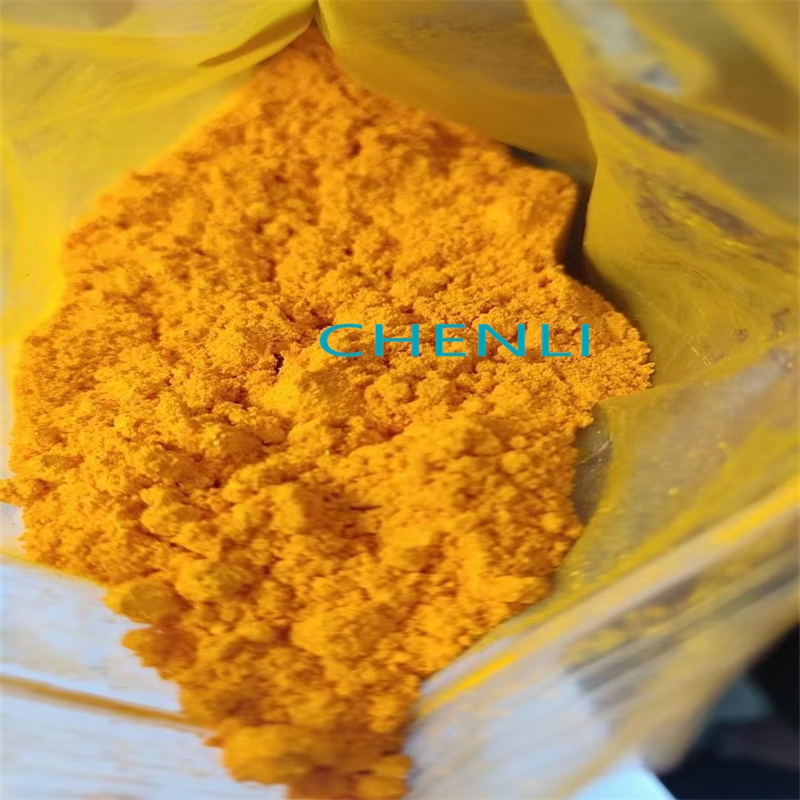-
Categories
-
Pharmaceutical Intermediates
-
Active Pharmaceutical Ingredients
-
Food Additives
- Industrial Coatings
- Agrochemicals
- Dyes and Pigments
- Surfactant
- Flavors and Fragrances
- Chemical Reagents
- Catalyst and Auxiliary
- Natural Products
- Inorganic Chemistry
-
Organic Chemistry
-
Biochemical Engineering
- Analytical Chemistry
-
Cosmetic Ingredient
- Water Treatment Chemical
-
Pharmaceutical Intermediates
Promotion
ECHEMI Mall
Wholesale
Weekly Price
Exhibition
News
-
Trade Service
The production process of Zinc gluconate involves a series of steps that must be followed in order to produce the final product.
The process begins with the extraction of zinc from its ores, which are typically found in the form of sphalerite (ZnS) or calamine (ZnCaSO4).
The extraction of zinc from its ores typically involves the use of chemical processes, such as hydrometallurgy or pyrometallurgy.
Hydrometallurgy involves the leaching of zinc from the ore using a solution of acid, which dissolves the zinc and allows it to be separated from the other minerals in the ore.
Pyrometallurgy, on the other hand, involves the roasting of the ore at high temperatures, which causes the zinc to oxidize and become more soluble in acid.
Once the zinc has been extracted, it is typically purified by means of electrolysis, which involves passing an electric current through a solution of zinc salts to separate the zinc ions from the other ions in the solution.
This process produces a highly pure form of zinc that can be used as the starting material for the production of zinc gluconate.
The next step in the production of zinc gluconate is the production of gluconic acid.
Gluconic acid is typically produced by fermentation, which involves the action of microorganisms on a sugar source.
The fermentation process converts the sugar into gluconic acid, which is then purified and concentrated to produce a highly pure form of the acid.
The final step in the production of zinc gluconate involves the combination of zinc and gluconic acid.
This is typically done by reacting the zinc with the gluconic acid in an appropriate solvent, such as water or a organic solvent.
The reaction produces zinc gluconate, which can then be isolated from the reaction mixture by means of filtration or other appropriate methods.
The production of zinc gluconate is an important process in the chemical industry, as zinc gluconate is used in a wide range of applications.
It is commonly used as a nutritional supplement, as it has been shown to have a number of health benefits.
It is also used in the pharmaceutical industry as an excipient in the production of medicines, and in the personal care industry as an ingredient in cosmetics and personal care products.







